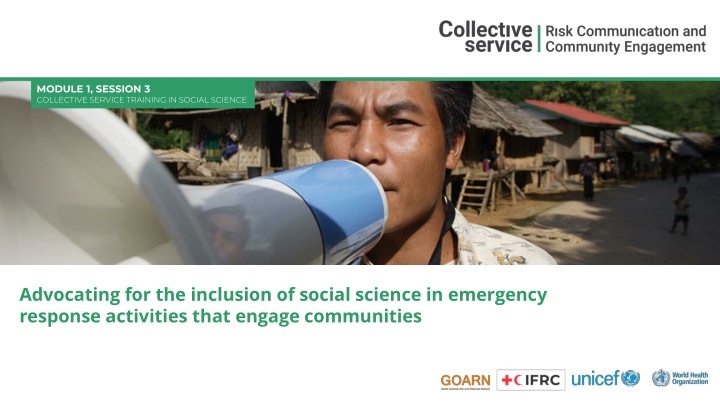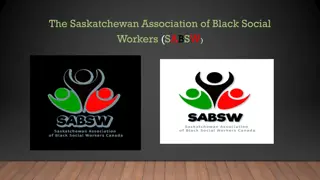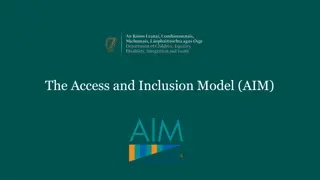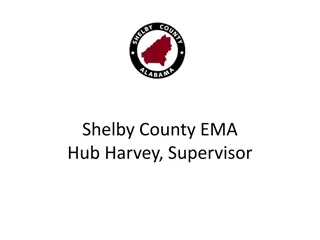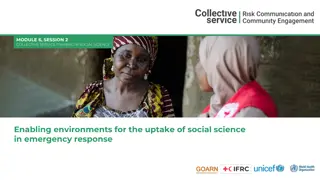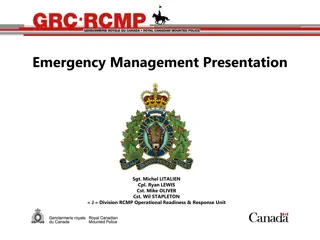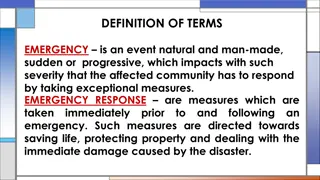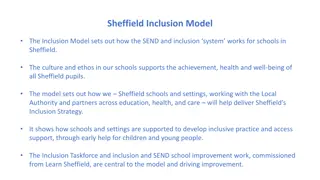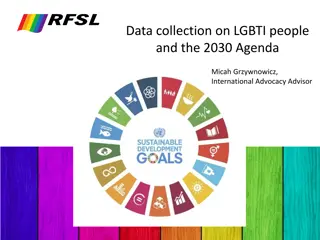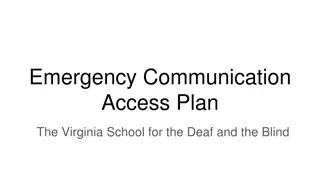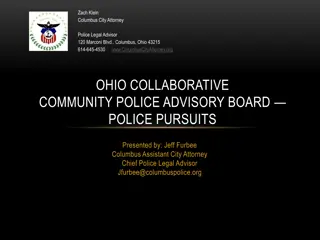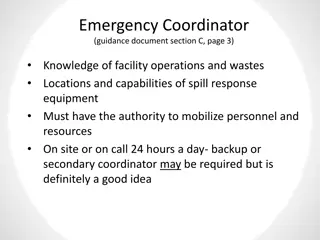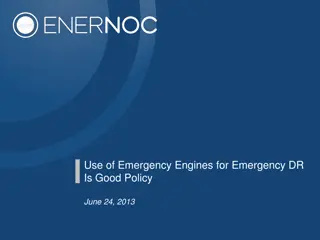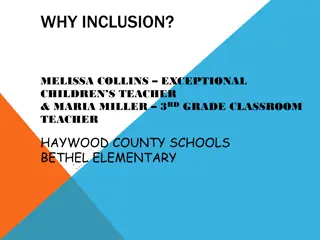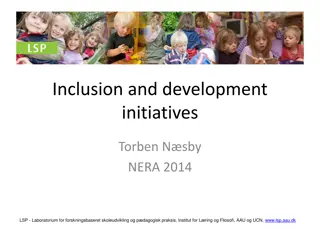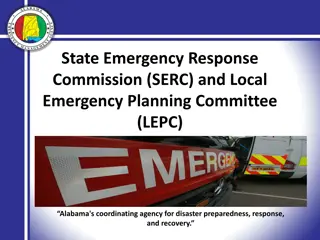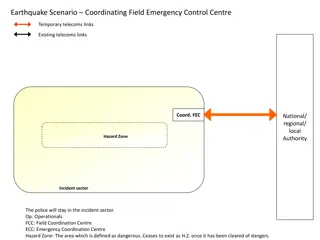Advocating for the Inclusion of Social Science in Emergency Response Activities
Understanding the importance of advocacy in increasing the use of social science in community engagement and emergency response, knowing key stakeholders to advocate with, advocating for funding social science research, and ensuring information is effectively utilized for operational and strategic decisions.
Download Presentation

Please find below an Image/Link to download the presentation.
The content on the website is provided AS IS for your information and personal use only. It may not be sold, licensed, or shared on other websites without obtaining consent from the author.If you encounter any issues during the download, it is possible that the publisher has removed the file from their server.
You are allowed to download the files provided on this website for personal or commercial use, subject to the condition that they are used lawfully. All files are the property of their respective owners.
The content on the website is provided AS IS for your information and personal use only. It may not be sold, licensed, or shared on other websites without obtaining consent from the author.
E N D
Presentation Transcript
MODULE 1, SESSION 3 COLLECTIVE SERVICE TRAINING IN SOCIAL SCIENCE Advocating for the inclusion of social science in RCCE action response activities that engage communities Advocating for the inclusion of social science in emergency
LEARNING OUTCOMES Understand the importance of advocacy to increase the use of social science in community engagement and/or communication activities and wider emergency response Know the key stakeholders to advocate with and how best to advocate among different groups Consider the important steps to advocate for funding social science research
KEY QUESTIONS IN SOCIAL SCIENCE RESEARCH What information is needed? Who needs this information? Does this information already exist? Is there a related needs assessment or study? DATA TO ACTION: Who can collect this information? What methodology and tools should be used to collect and analyse this information? Key questions in social science research How to ensure that this information goes back to communities? To inform community-level actions and decision-making of the broader response? How to ensure that the information is used to make operational and/or strategic decisions? How to track the information used to ensure that it effectively contributes to operational and strategic priorities?
ADVOCACY Is social science considered an important part of your activities? Why/why not? ADVOCACY means to support a cause, an idea, or a proposal. To make an appeal in favour of a cause or argument. For us: Doing something to ensure that social science sits across the humanitarian structure, and that socio-behavioural data informs activities.
ADVOCATE TO Raise awareness about the importance of social science research Build common understanding of social science and its role in the humanitarian sector, specifically that community engagement/communications activities meaningfully incorporate community perspectives as a central component Secure stakeholders support Increase funding and resources for social science activities Ensure social science actually informs community engagement /communications activities, strategies and policies in an ongoing manner Embed social science perspectives into the work of leaders and implementers
Donors Wider public Intern l orgs People in affected comms Govern ts WHO Collegues Media Religious, cultural and traditional leaders National and local partners Key influ s at communit y level
GROUP EXERCISE: WHO TO ENGAGE WITH? Actor A Actor B Actor C How can you invest in this relationship? What are the advocacy windows in this context? Which values, beliefs and emotions are aligned with the goals of social science? Where can social science be operationalized? Do you have wins or case examples to showcase? Who else can you engage with to advocate for the same purpose?
ADVOCACY & FUNDING Identify potential funding agencies and actors at the institutional, national and international levels Network continuously Apply for funds for social science research and capacity-building activities, particularly at the onset of an emergency Apply for rapid grant initiatives Advocate for strategic investment in social science research at the donor and government levels
CASE STUDY Source: https://www.semanticscholar.org/paper/Identifying-advocacy-strategies%2C-challenges-and-for- Okedo-Alex-Akamike/367ebb05c2b1a0bbc2206a7b189f959284be05b3
SUMMARY There is a need to advocate for the use of social science in community engagement and/or communications activities, in order to: Improve the relevance and effectiveness of community engagement and/or communications activities; Ensure communities are at the centre of community engagement and/or communications activities; and Increase accountability to affected populations. Effective integration of social science can be difficult and complex. It requires different engagements with different groups both internally and externally. Following the tips given in this session will help you to do this effectively.
